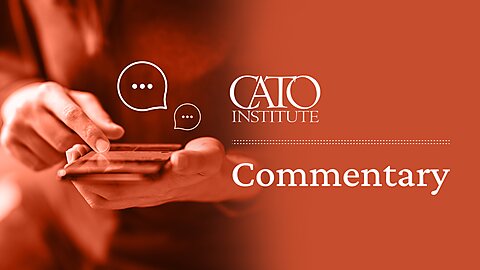
Once in a while a new book in religious studies comes out with a bold thesis, challenging old assumptions and raising some eyebrows. The Islamic Secular, a thick, dense, and elaborate monograph by Sherman A. Jackson, distinguished professor of religion at the University of Southern California, is one such book that deserves attention—by both Muslims and others who are interested in the destiny of Islam.
For many people, including Muslims themselves, the terms “Islamic” and “secular” appear contradictory, and their amalgamation would coin only an oxymoron. But Jackson carefully makes sense of what he means by “the Islamic Secular”: that Islamic law, namely the Shari’ah, does not cover all the vast areas of human experience and knowledge, leaving many spaces that are “secular,” where Muslims can still act and think with a religious ethos.
Now, that is an important argument. But it still leaves us with many questions about the Shari’ah itself, such as religious coercion. Could this actually be a good thing, as Jackson seems to argue in a provocative chapter of his book? Or should we separate Islamic law from the state, so religion is based on free choices of individuals, as another scholar of Islamic studies, Abdullahi Ahmed An-Na’im, has argued?
I probed these questions in a book review I wrote for Religion & Liberty Online, a publication of the Acton Institute. I fully agree with An-Na’im that the best medium for practicing Islam is not an “Islamic state” but a secular state that grants religious liberty. And while I disagree with Jackson on that big question, I appreciate that his book points to some “seeds of freedom” that can help us make that argument.
You can read the whole review here: “The Islamic Secular and the Seeds of Freedom”



